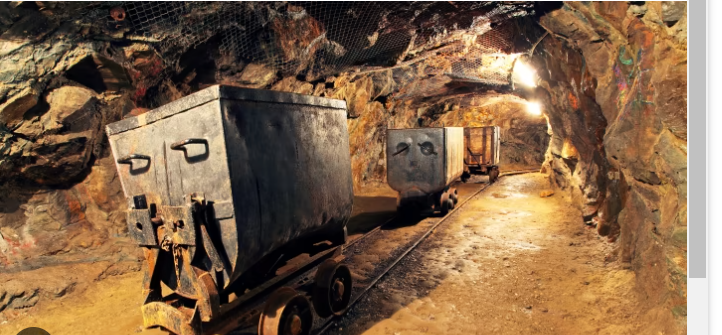Western Miners Seek Higher Metal Prices to Compete with Chinese Rivals

Western mining companies are confronting a critical challenge: the influx of low-cost metals from Chinese competitors threatens the viability of key mining operations. A case in point is the lone US cobalt mine in Idaho, owned by Jervois Global. Despite substantial investments, the mine remains idle as cobalt prices need to rise to at least USD 20 per pound to become economically feasible, compared to the current price of USD 12.17 as of July.
This predicament extends beyond Jervois Global, affecting many Western mining firms that struggle to attract public market funding under these conditions. Major players such as BHP and Albemarle face stiff competition from Chinese rivals, who benefit from lower production costs, including cheaper coal-generated electricity and less stringent labor standards.
In response to these challenges, there is a growing call within the industry for a tiered pricing system. This proposed system would create premiums for metals mined and processed according to higher environmental, social, and governance (ESG) standards. Proponents argue that such a system would not only be fair but also align with increasing global regulatory trends. For instance, the European Union plans to enforce supply chain transparency requirements for electric vehicle manufacturers by 2027, potentially excluding non-compliant products from its market.
The push for a two-tier pricing model reflects broader industry concerns about market fairness, stability, and profitability. Western miners are actively seeking support from governments in Washington and Brussels, proposing solutions such as tariffs, supply chain transparency rules, and government-backed insurance for mining operations. However, despite understanding the issues, US and EU officials have yet to implement market-driven changes.
Meanwhile, mining customers, particularly in the automotive sector, face a dilemma. They must balance the cost of production with the need to ensure metals are sourced responsibly. As a result, automakers are increasingly focused on integrating ESG responsibilities into their supply chains to mitigate reputational risks and comply with evolving regulations.
The debate over a two-tier pricing system marks a significant turning point for the mining sector. It highlights a potential shift toward more sustainable metal procurement practices, which could reshape industry norms while addressing the complexities of global supply chains and pricing mechanisms.
